
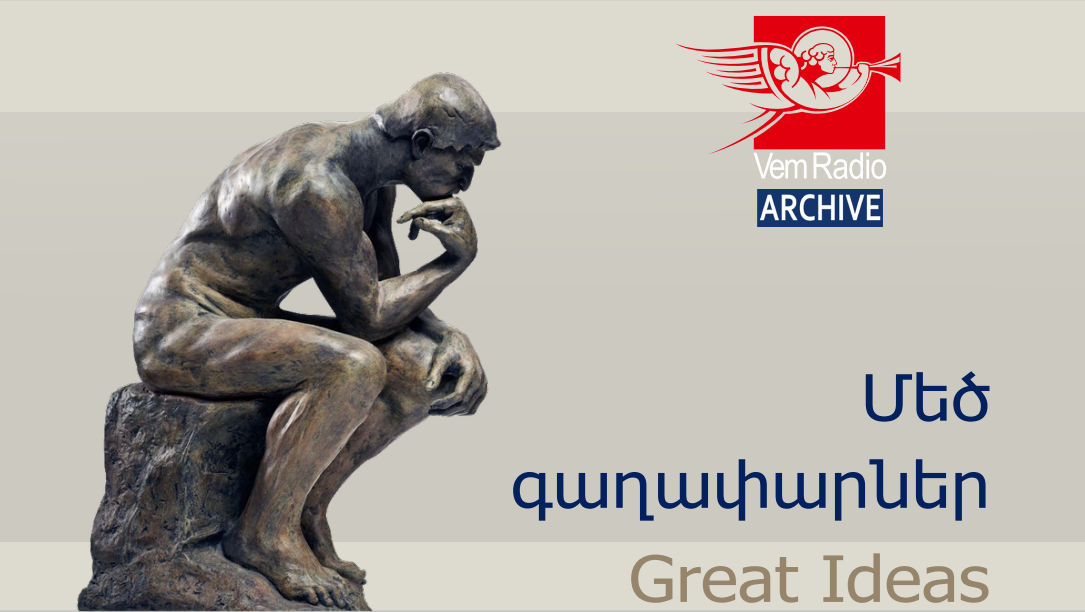
Great Ideas
"No army can be compared with the power of an idea whose time has come." French writer Victor Hugo understood that ideas born at a proper time produce ideas shattering the universe, ideas that are doomed to be great. But greatness can be of different nature: great and beautiful, great and ugly, great and scary. A great idea may have all these qualities, thus producing admiration, disgust, or fear. This radio program presents various great ideas.

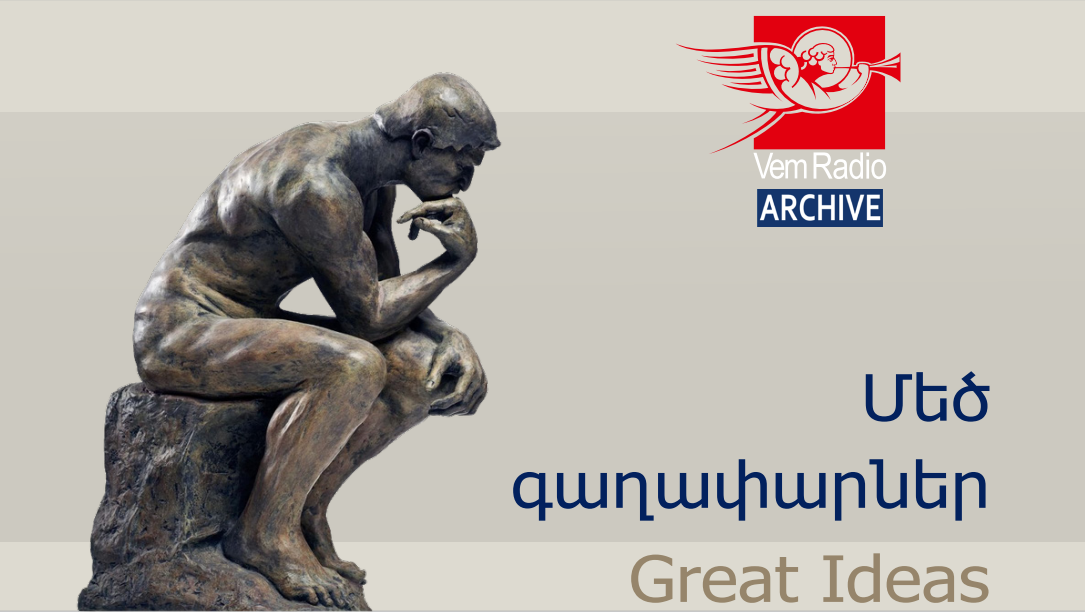
Censorship
In his famous novel "The Lover of Lady Chatterley," the English writer David Herbert Lawrence explicitly but poetically, in Anglo-Saxon terminology, presents the love story of a married noble woman and a simple forester who worked for her husband. The novel that was written in 1928 was not permitted to be published in the author's homeland for almost three decades.

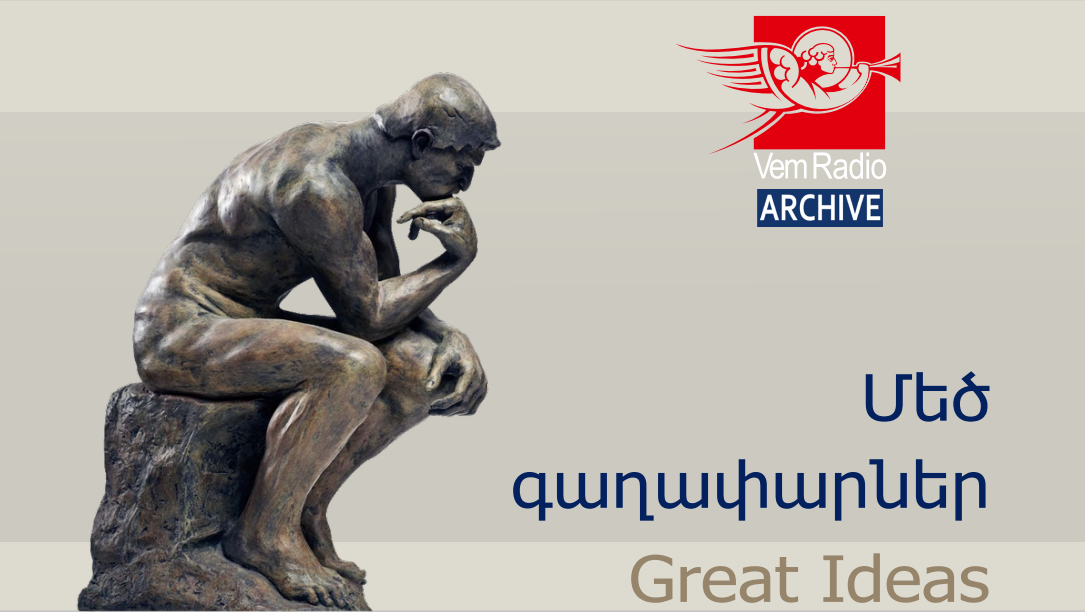
Capitalism
In the beginning of the 21st century, the world economy experienced an unprecedented shock. The catastrophic decline in consumer confidence, the loss of investments, bankruptcies and confiscations due to failure of payments, the rising unemployment, and the shocks of stock markets and realty prices — all of this indicated a large-scale economic crisis and a subsequent global recession.

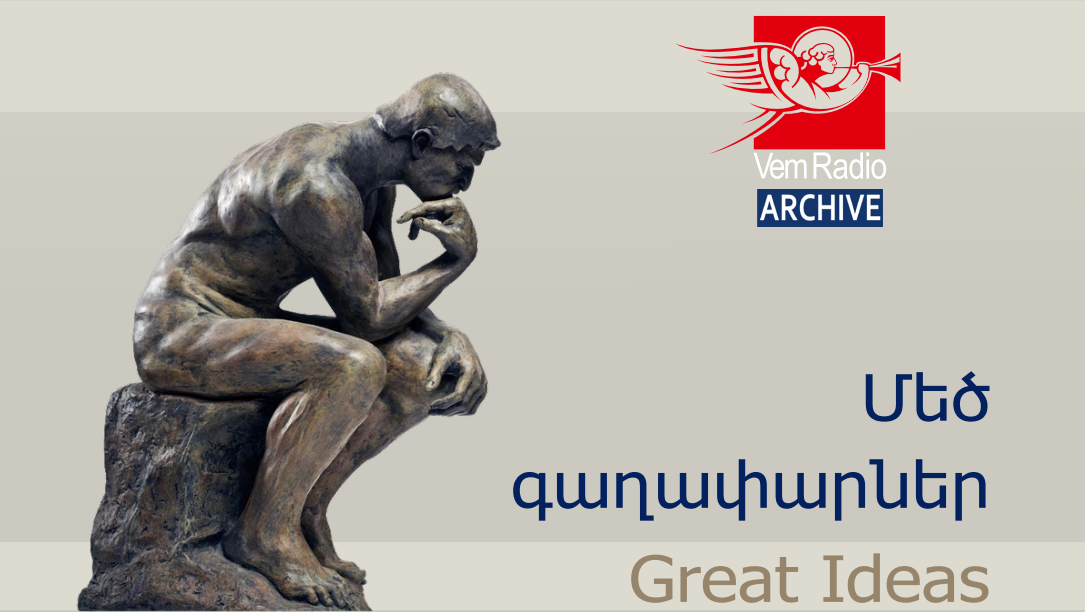
Islamism
"The ruling (fatwa) to kill the Americans and their allies — civilians and military — is an individual duty for every Muslim who can do it in any country in which it is possible to do it, in order to liberate the al-Aqsa Mosque [in Jerusalem] and the holy mosque [in Mecca] from their grip, and in order for their armies to move out of all the lands of Islam, defeated and unable to threaten any Muslim."

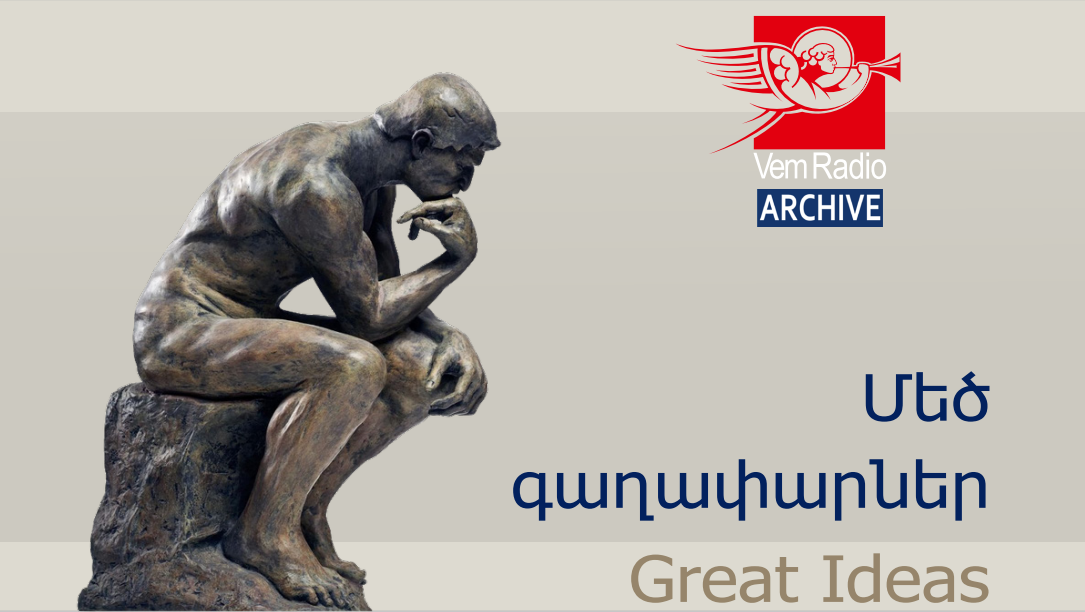
Racism
It is noteworthy that for the first 89 years of its existence, the United States of America, the "self-proclaimed homeland of the free" and the stronghold of democracy, equality and human rights, depended on slave labor.

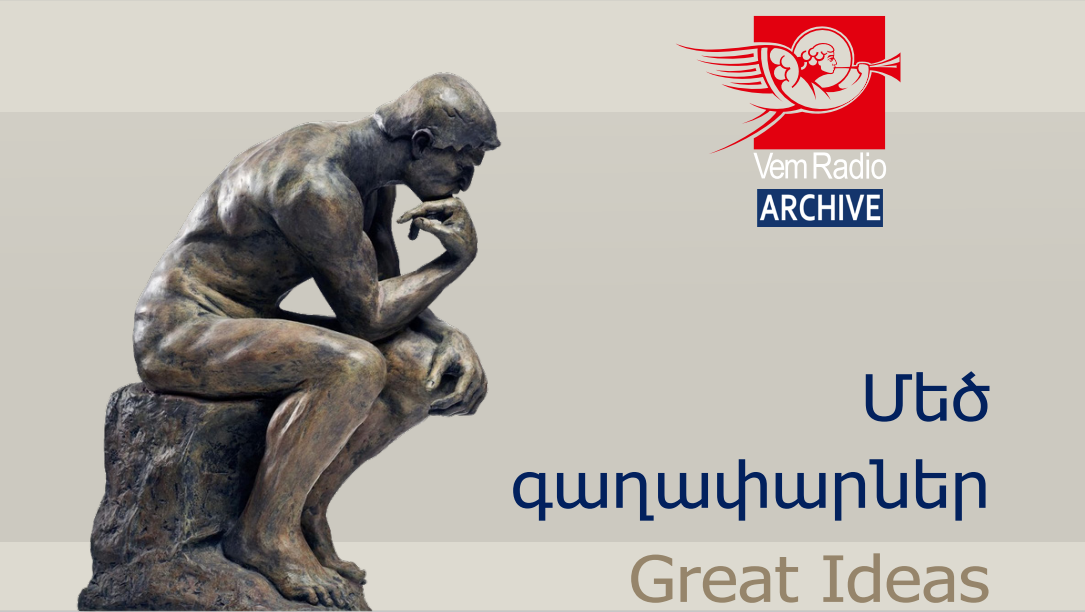
Fascism
The main thesis of the fascist doctrine is the teaching of the state and of its essence, goals and issues. For fascism, the state is an absolute, and compared to it, human individuals and groups are "relative."

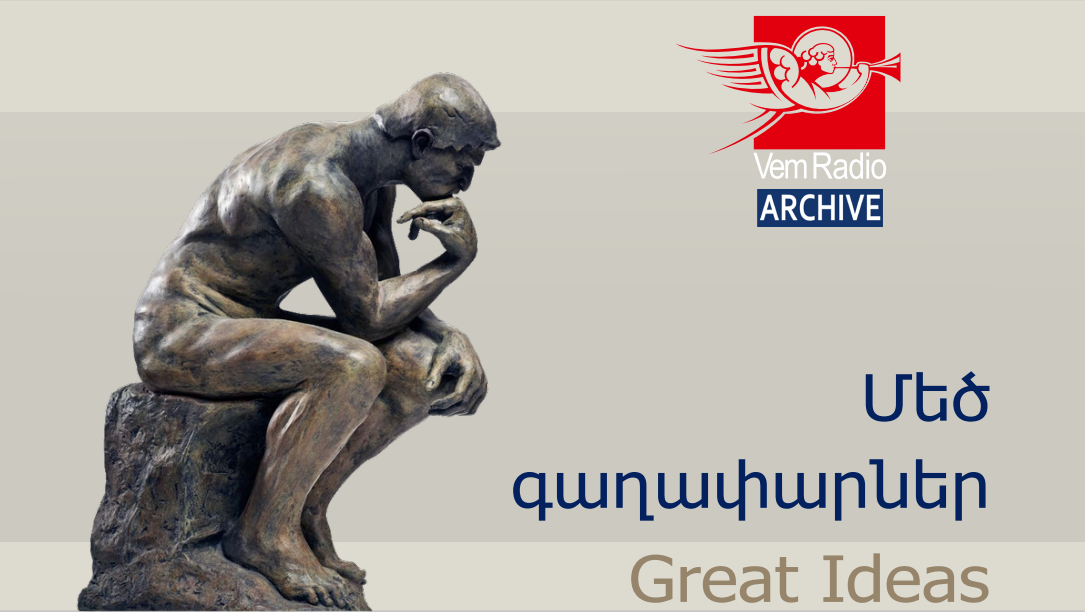
Republic
".... in America the law is king. For as in absolute governments the King is law, so in free countries the law ought to be king," wrote Thomas Paine in his pamphlet "Common Sense."

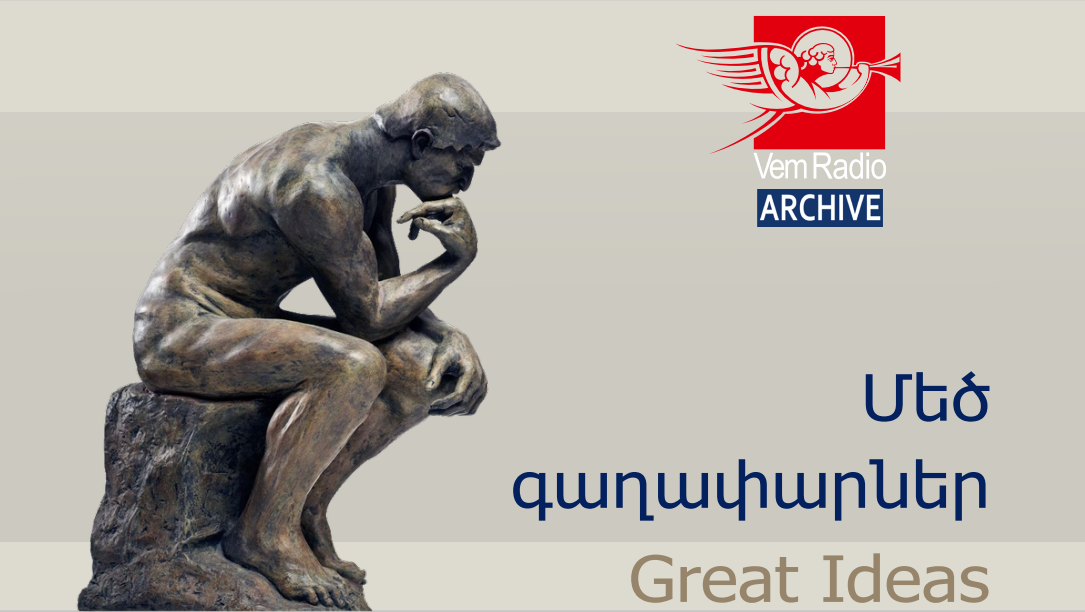
Public Agreement (Contract)
Why do people make contracts? If a contract is honest, both parties believe they will gain certain advantages. You agree to go to the same place from Monday to Friday and stay there from 9 am to 5 pm, because your employer agrees to pay you a certain amount per month. Generally, it is advisable to voluntarily limit one's freedom for the sake of certain benefits.

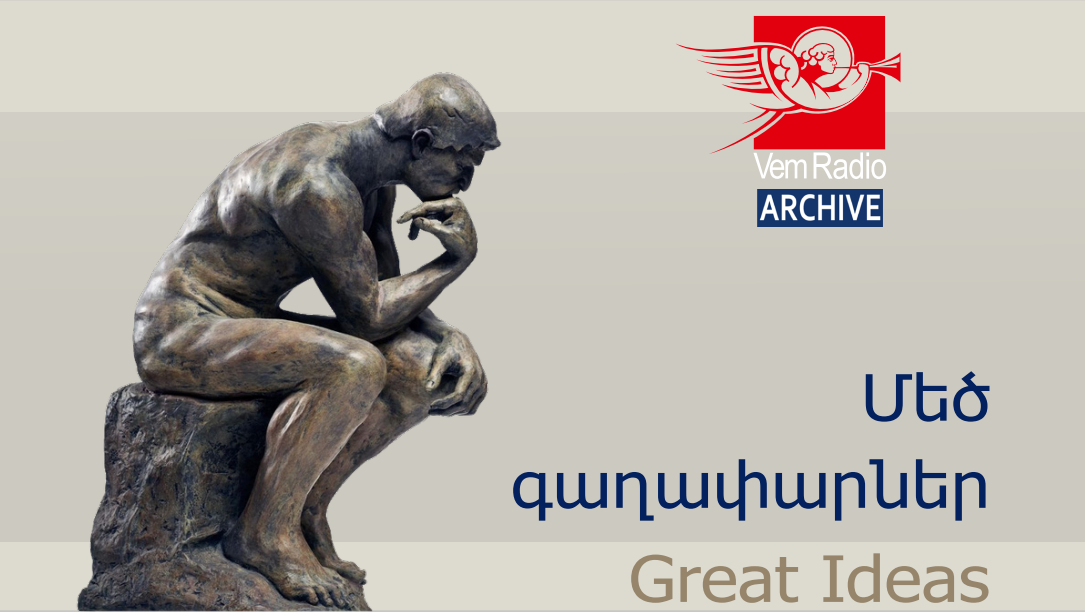
Nationalism
Stephen Decatur
"Our country – in her intercourse with foreign nations, may she always be in the right, and always successful, right or wrong." This famous toast made in 1816 belongs to the hero of the American Navy Stephen Decatur. Usually this sentence is shortened (with some modification): "My country, right or wrong!", and in this way it is used to this day.

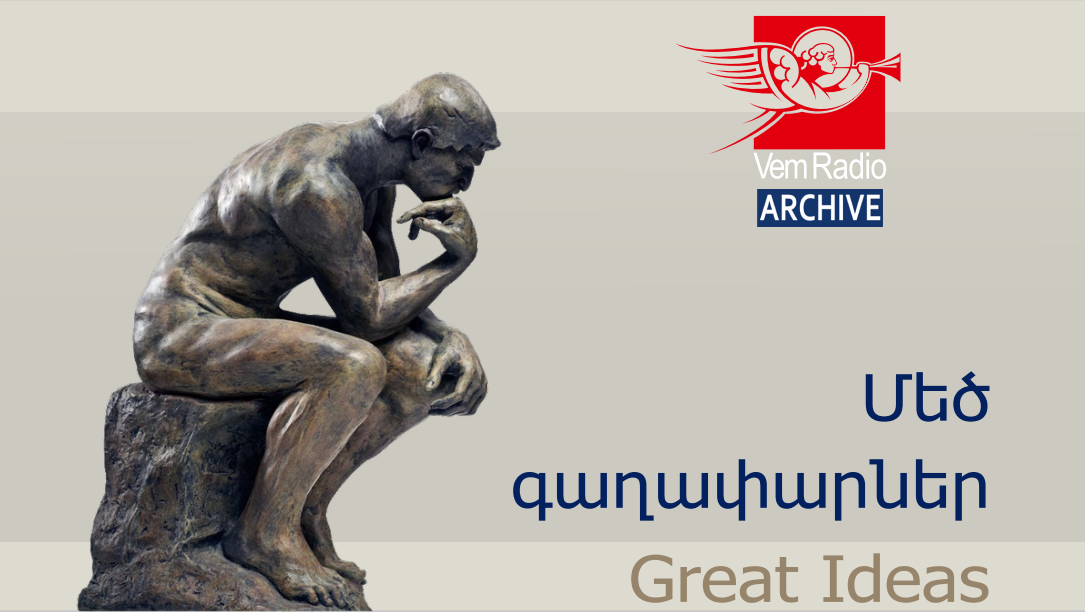
Multiculturalism
In 1908, Israel Zangwill wrote in his play "The Melting Pot": "America is God's Crucible, the great Melting-Pot where all the races of Europe are melting and re-forming! Here you stand, good folk, think I, when I see them at Ellis Island, here you stand in your fifty groups, with your fifty languages and histories, and your fifty blood hatreds and rivalries. But you won't be long like that, brothers, for these are the fires of God you've come to – these are the fires of God. A fig for your feuds and vendettas! Germans and Frenchmen, Irishmen and Englishmen, Jews and Russians – into the Crucible with you all! God is making the American."

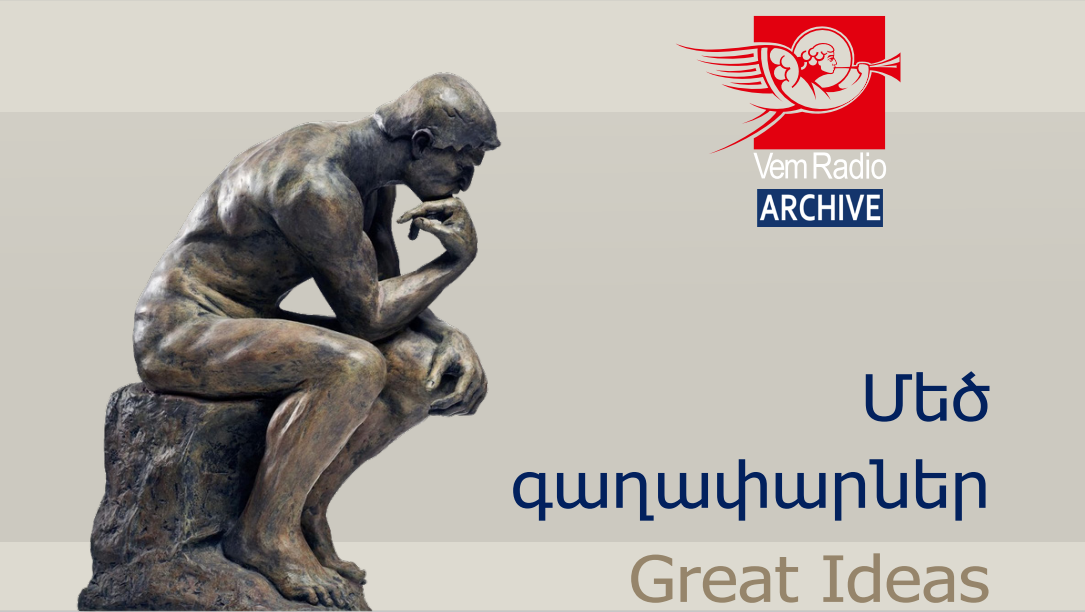
Imperialism
Though the term “imperialism” is relatively new, the phenomenon itself — the conquest of weak states and their further exploitation by stronger states — is as old as the world. The history of Mesopotamia and of the ancient civilizations of the Mediterranean is an uninterrupted succession of empires – Babylon, Assyria, the Achaemenid Empire founded by Cyrus, the Empire of Alexander the Great...

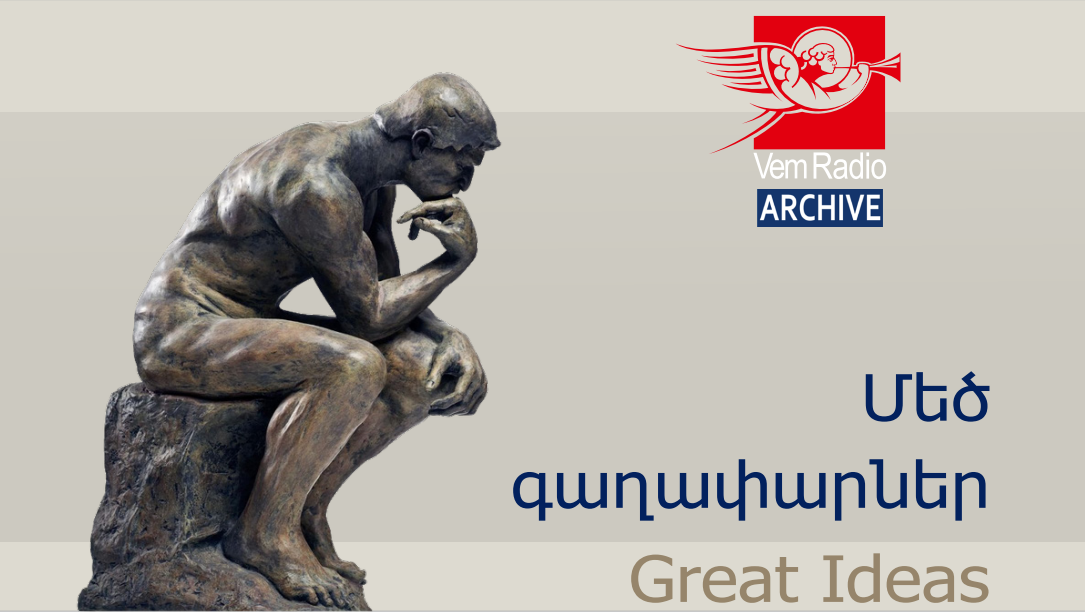
Conservatism
The main starting point of conservative thinking is well presented by the words ascribed to the English statesman of the 17th century Viscount Falkland: "When it is not necessary to make a decision, it is necessary not to make a decision." The French Revolution terrified Burke. In 1790, before the revolution was drowned in blood, Burke had drawn attention to the ideological enthusiasm of the revolutionaries and predicted the coming horrors.

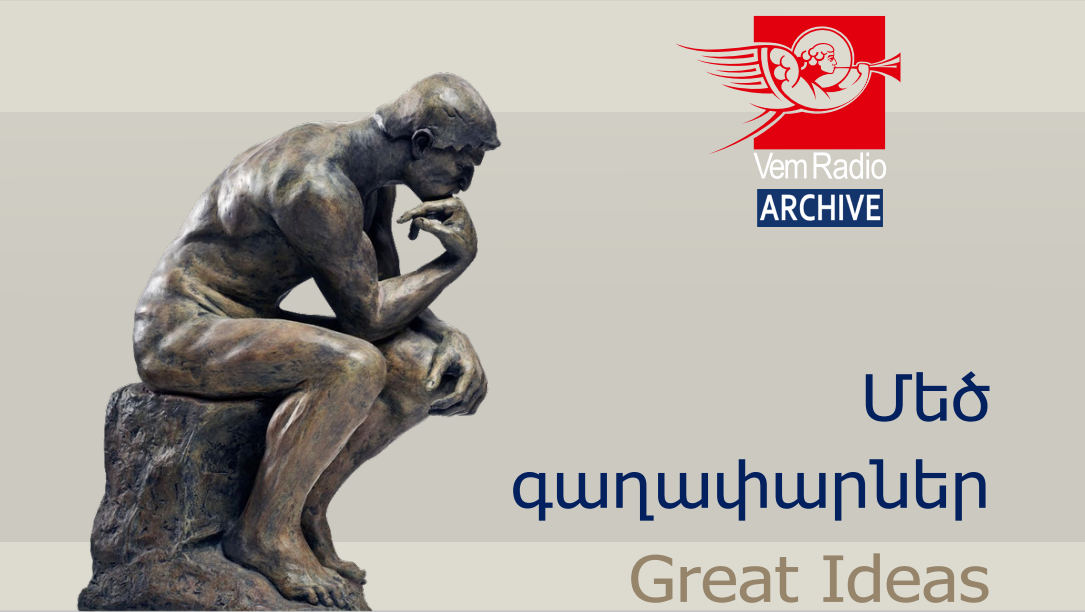
Democracy
Nowadays, there is an unprecedented agreement among all segments of the political spectrum, from the far right to the far left: all consider democracy to be the best form of government. In modern politics, “democratic” is practically synonymous with "legitimate."

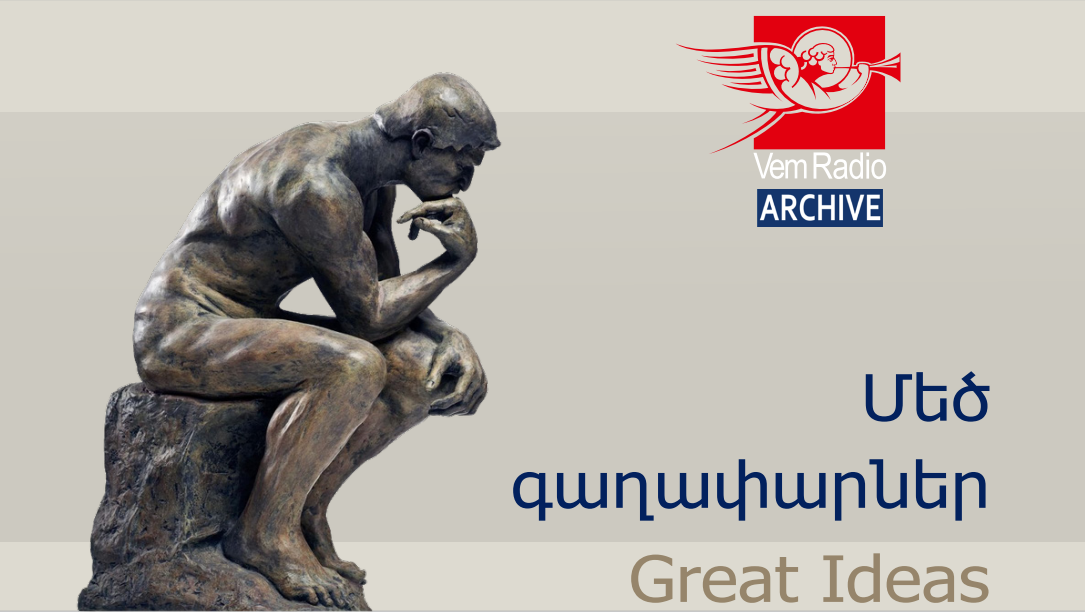
Liberalism
"Desire to limit government's intervention in society, decentralization of power, and expansion of individual freedom" — this formulation sounds as a textbook definition for classical liberalism; however, according to some, this is the "basis of conservatism."

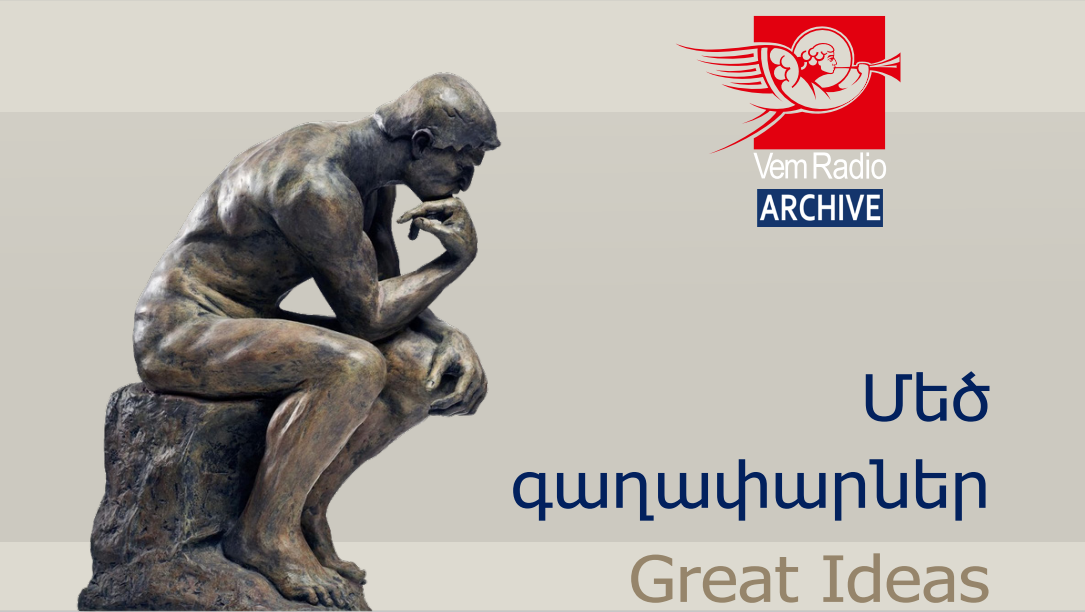
Utopia
The Austrian philosopher Karl Popper once noticed: "The attempt to create Paradise on earth inevitably leads to the creation of Hell." Since the time of Plato, there has been no shortage of prophets, mystics and insane people who composed their own versions of a new world, sowed hope for a better future, and displayed the infinity of human stupidity.

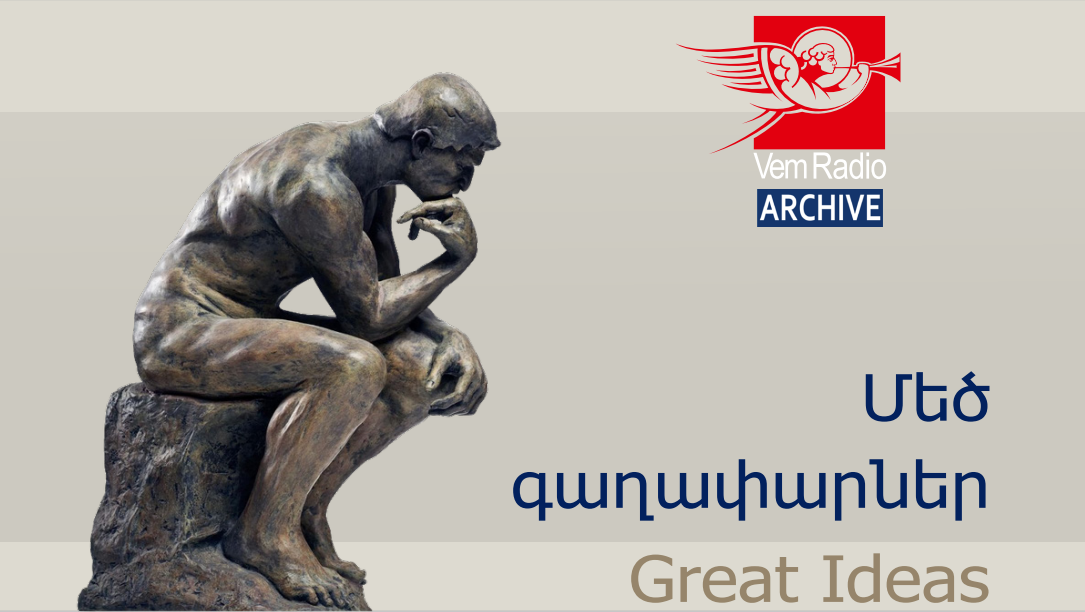
Duty
The concept of duty is one of the main categories of ethics that reflects special moral relations. The moral requirement for all people takes the form of a duty when it becomes a certain individual's personal problem in relation to his or her position and to any concrete situation.

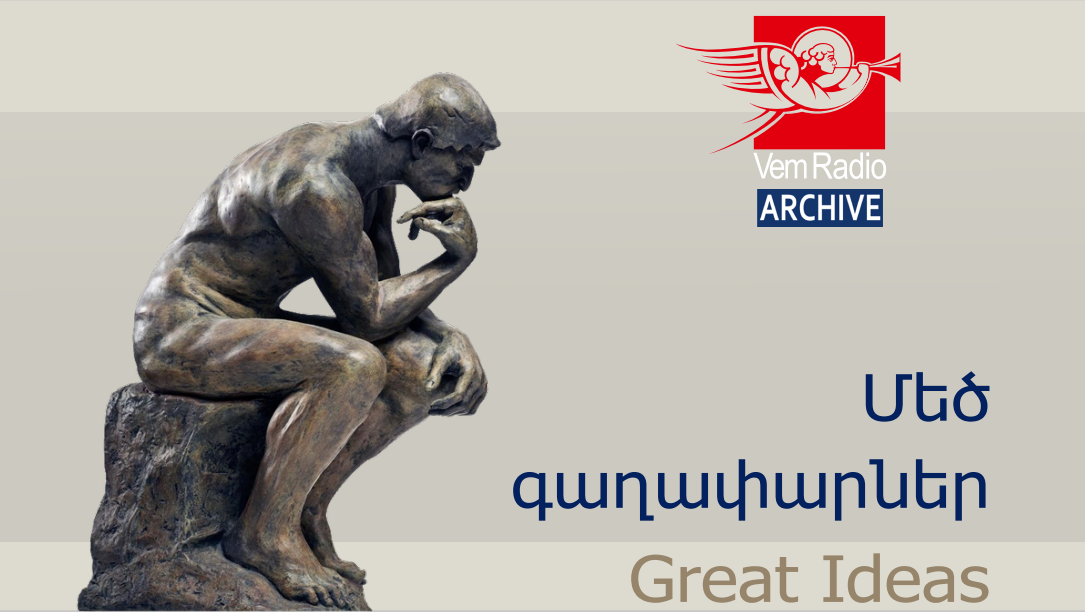
War
"Hearken to our history: only one sound is heard from all sides — that of the bit of military drums. Intertribal wars, religious wars, civil wars, ethnic wars, wars of colonization, wars of conquest, wars of liberation, wars to prevent other wars – an endless chain of collisions since the beginning of human civilization, a chain whose end is not seen at all»:

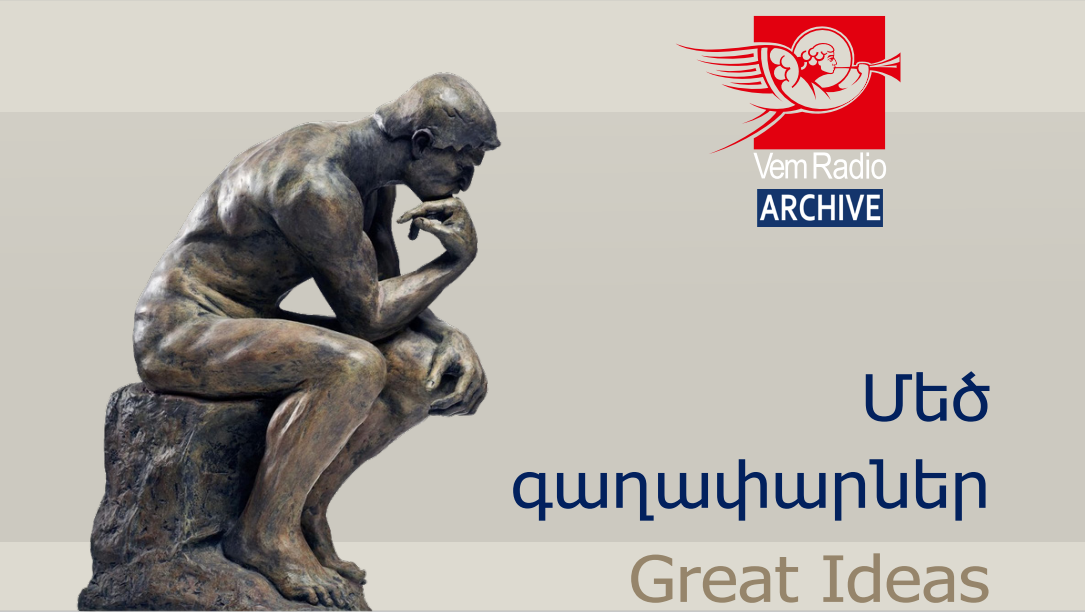
Fundamentalism
After the events of September 11, 2001, New York and Washington were filled with hatred of Islam. In an atmosphere of fear and doubt where the words “fundamentalist” and “terrorist” had practically become equivalent, President George Bush declared a war on terrorism that will not end "until all terrorist groups have been found and destroyed." Demonization of Islamic fundamentalism began, and the word “fundamentalist” obtained an offensive meaning.

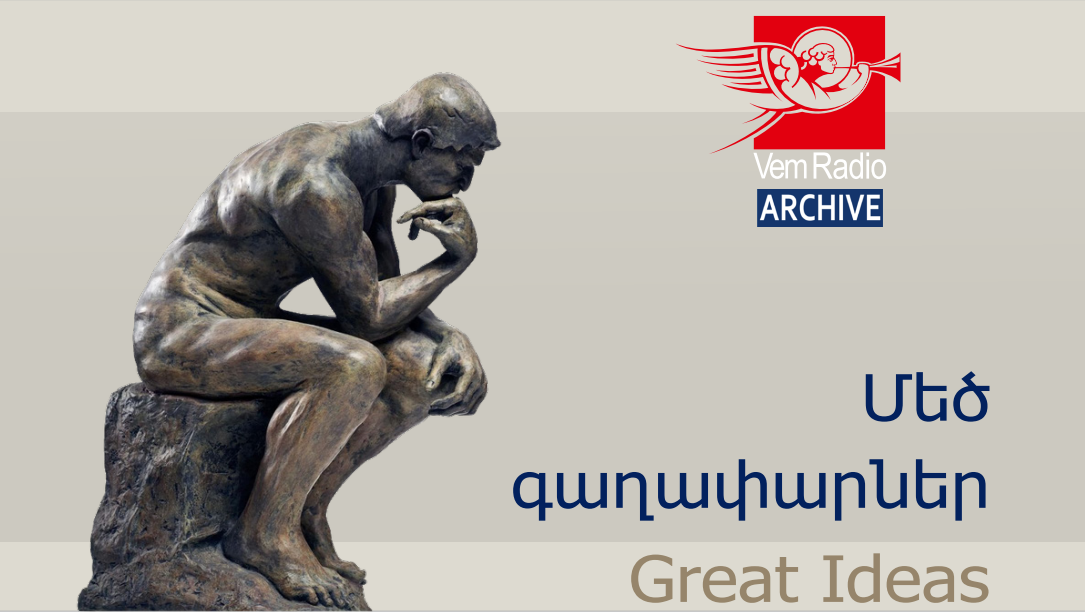
Faith
"God is felt by heart, not by reason. This is faith: perceiving God not by reason but by heart" – these words written in 1670 by naturalist and pious Christian Blaise Pascal in his “Thoughts” describe the relationship of mind and faith. According to Pascal, faith and reason do not contradict each other; they simply have different nature and different goals.

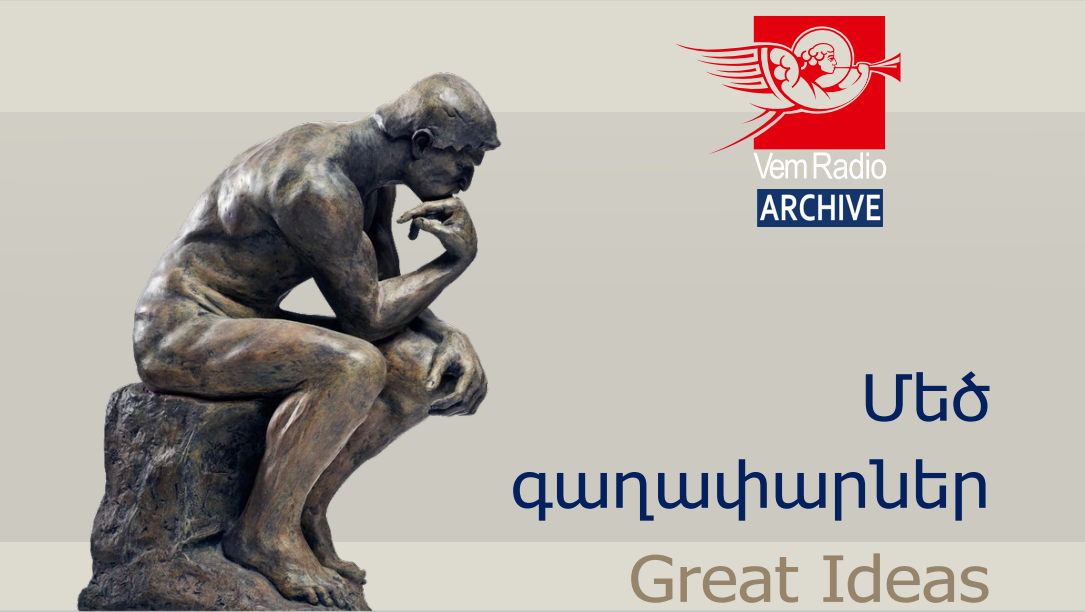
Fate
The idea of a force that predestines or “programs” the future has long interested people. Fate, sometimes personified in some divine or supernatural image, was seen by humans as a ruthless and inevitable force. “Fate leads the obedient and drags the disobedient,” said Greek Stoic Cleanthes.

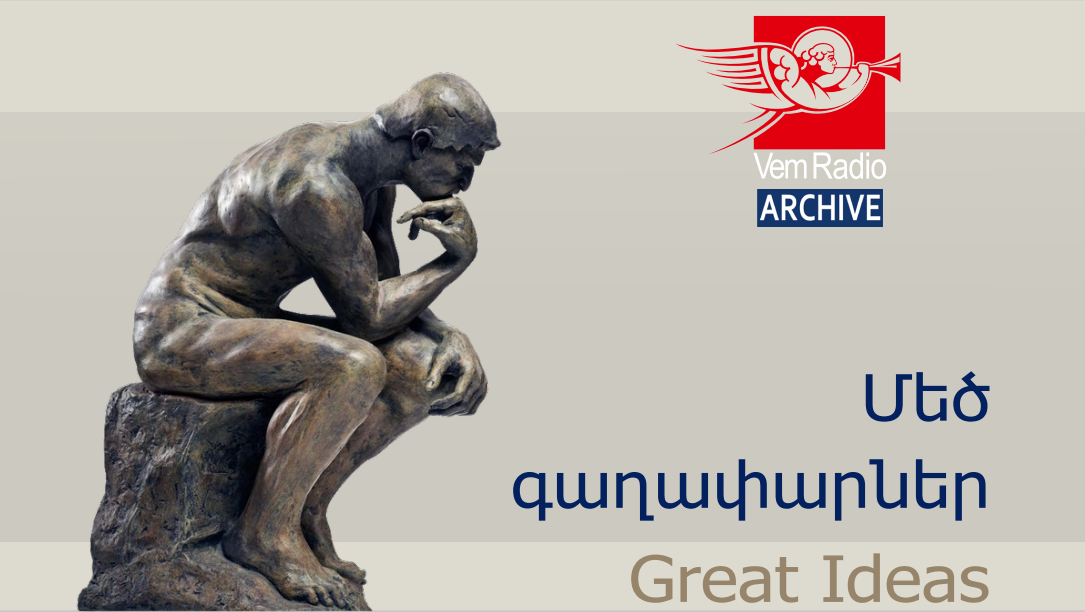
Soul
Today also, as in the past, millions of people believe in the existence of a mysterious power called the soul. The Christians, Jews, Muslims, Hindus, Sikhs, Taoists (not to mention the ancient Egyptians, Greeks, Romans, Chinese and many other ancient and new nations) believed in the existence of a rational soul, cosmic spirit, two-part or three-part soul, immortal soul, and a soul disappearing with the body.